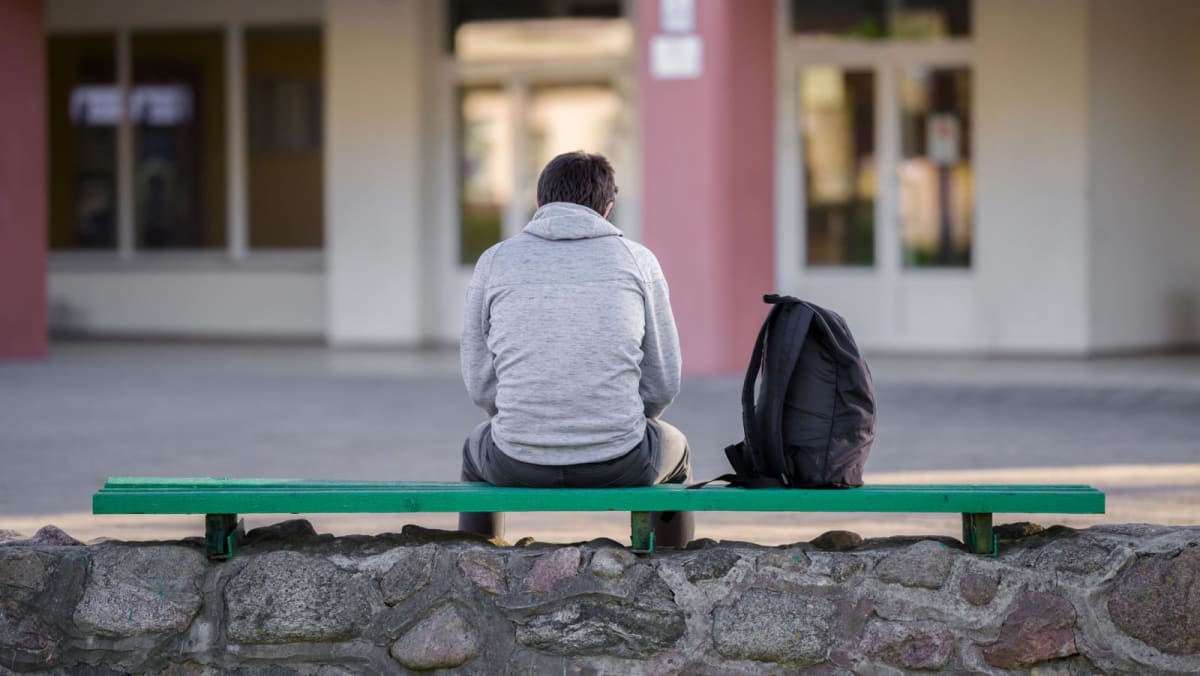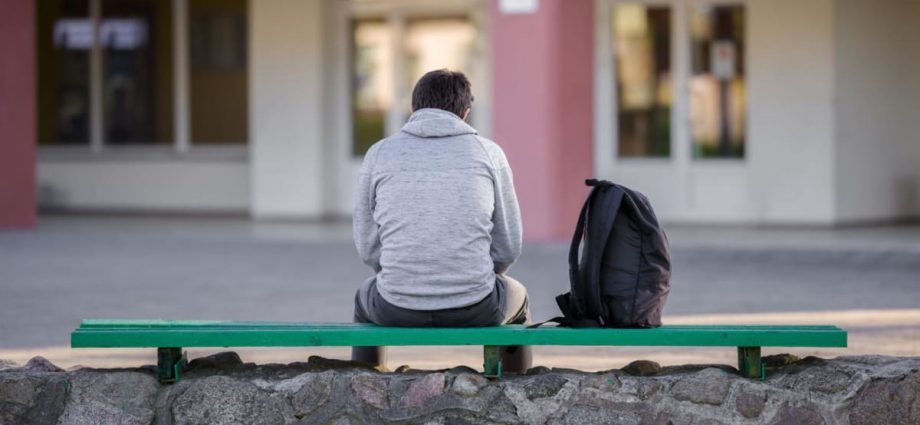
SINGAPORE: At age four, he was placed in a residential home for children who had been neglected or abused.
James (not his real name) lived there until he was 18, when he had to move out.
He had started thinking about this day when he was 16 and had discussed it with his social worker in Melrose Home. His aunt agreed to take him in.
The transition turned out to be “too fast” and “quite tough”, and the living arrangement broke down.
His aunt lived in a four-room flat already occupied by four people. James slept in the living room. Without a sense of personal space, he felt “kind of naked”.
There was also tension: A household member made James feel he was “a burden”. “He didn’t have to say it; I could sense it,” said James, now 22, who asked not to be named.
By the third month, his living situation began to feel untenable. But there was nowhere else to go.
He earned about S$1,000 a month by working part-time in the food and beverage industry. His personal monthly expenses amounted to S$600 to S$700, while he chipped in S$50 to S$100 for household expenses. Polytechnic fees cost him S$400 to S$500 per semester.
It took about nine months to find an alternative: His girlfriend was living with her grandparents in a rented flat and had space for him — just when “I was at breaking point”, James recounted.
But trying to support himself while pursuing a diploma proved too much. “I had to think of money constantly. I had to plan ahead,” he said. If he did not get the shifts he wanted at work, for instance, he would “lose out on money and have to plan again”.
“All this kept repeating. Then the poly workload came, so I had to juggle. It was super messy,” he said.
Groupwork for school projects often happened on Saturdays, when he had to work. He would tell his colleagues he was taking a toilet break, then join his project mates nearby for 15 minutes. When he returned, colleagues would ask why he had taken so long.
“Sometimes I’d do (project work) during my break time, (but) I’d be super exhausted,” he said.
During that period, “almost every day was a bad day”, he said. “It’s like I’m half awake the whole time, so I’d just drag (myself) through the day.”
He got a grade point average of 0.8 in his first year at polytechnic and dropped out.
AN ‘ANXIETY-PROVOKING’ PROCESS
Placement in a residential home is meant to be a temporary arrangement for those who have been neglected or abused by their parents or carers. There are 21 licensed residential homes in Singapore and two Ministry of Social and Family Development (MSF)-operated youth homes.

